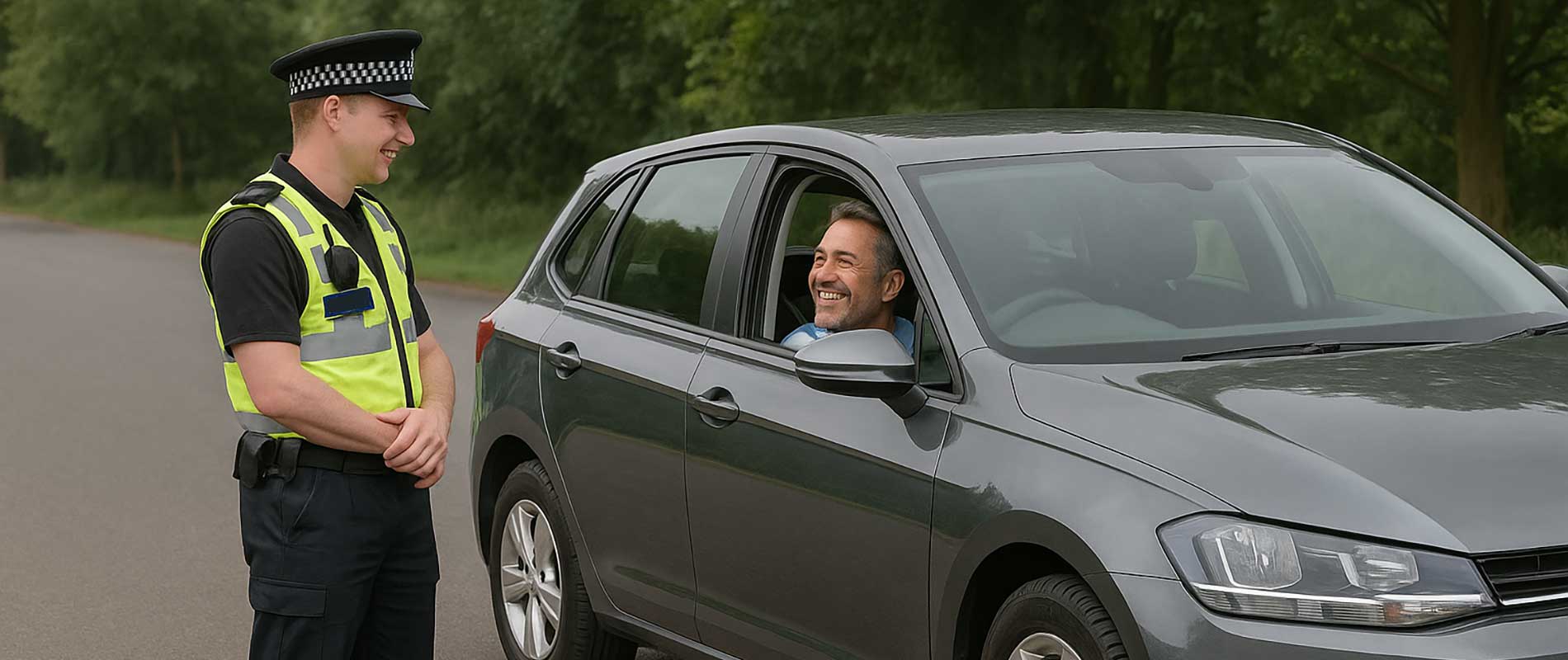It’s Complicated; and Depends Where You Go
If you’ve been banned from driving in the UK, your first question might be whether that ban follows you overseas. The short answer is: sometimes. A UK driving ban applies within Great Britain and Northern Ireland, but it doesn’t automatically extend to other countries. That said, it can still affect your ability to drive abroad in practical and legal ways; and ignoring it can land you in far more trouble than you might expect.
There’s no single global rule. Each country decides whether to recognise a UK ban or not, so you’ll need to look closely at the laws where you plan to travel.
What a UK Ban Actually Means
When a UK court disqualifies you from driving, the DVLA records it and marks your licence as suspended. You legally can’t drive on UK roads until that ban ends. But the DVLA has no authority abroad, which means foreign police forces can’t enforce a UK driving ban directly. However, that doesn’t give you a free pass. Most European countries, and certainly all within the EU, require you to hold a valid driving licence; and if your UK licence is suspended, you technically don’t have one.
In plain terms: you might not be banned there, but you’re still unlicensed. And driving without a valid licence is illegal almost everywhere.
Driving in Europe During a UK Ban
Post-Brexit, the UK no longer shares automatic licence data with EU states, but many still cooperate on road offences. Countries such as France, Spain, and Germany treat suspended licences from other nations as invalid. You wouldn’t be allowed to hire a car, and if you’re caught driving, local authorities could prosecute you for driving without a valid licence or insurance.
Even if you somehow manage to rent a vehicle, your insurance won’t cover you. Every motor policy requires you to hold a valid licence, so driving abroad while banned means driving uninsured; a double offence that can make things far worse when you return home.
Outside Europe: The Rules Get Murkier
Further afield, the situation varies. In the United States, for example, driving laws differ between states, and foreign bans aren’t usually recognised. But to drive legally you’d need a valid licence from somewhere, and a UK licence under suspension doesn’t count. You could apply for a licence in another country if you’re living there permanently, but that’s not a loophole to escape a ban. Most nations check for previous disqualifications and can refuse or revoke new licences if they discover one.
Australia, Canada, and New Zealand follow similar principles: they expect drivers to be properly licensed at home. If your home licence is suspended, they treat you as unlicensed until it’s reinstated.
What You Should Do Instead
If you’re serving a UK driving ban and planning to travel, don’t risk driving abroad. Stick to public transport, taxis, or car-sharing where legal. If you’ve completed your disqualification and regained your licence, you can drive abroad again; but make sure the DVLA record has been updated and that you’ve physically received your new licence before travelling.
If you’re moving overseas long-term, contact the local licensing authority before you go. Some countries may allow you to apply for a local licence once your UK ban is over, but most will expect documentary proof that you’re legally allowed to drive again.
Worth Remembering
A UK driving ban doesn’t technically “follow” you abroad, but it removes your right to drive anywhere until your licence is valid again. Even if another country doesn’t share data with the UK, your insurance, hire agreements, and travel protection all hinge on that validity. In short: don’t risk it. Wait until your ban is over, get your licence reinstated, and travel with peace of mind. That’s a far safer route than testing international patience; or luck; behind the wheel.

